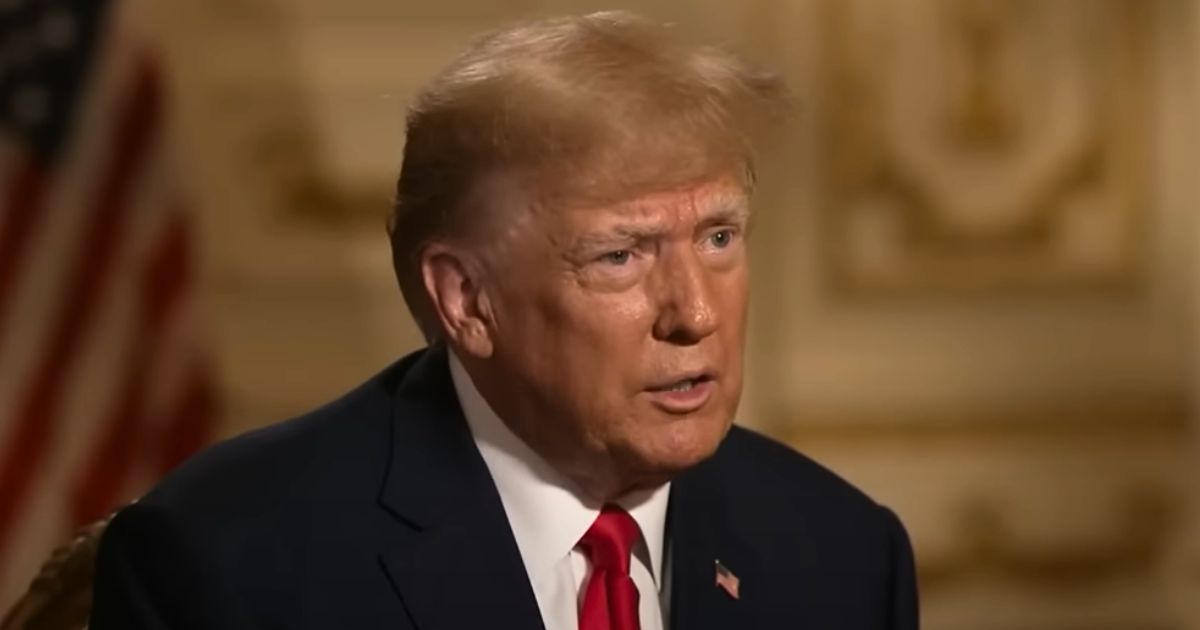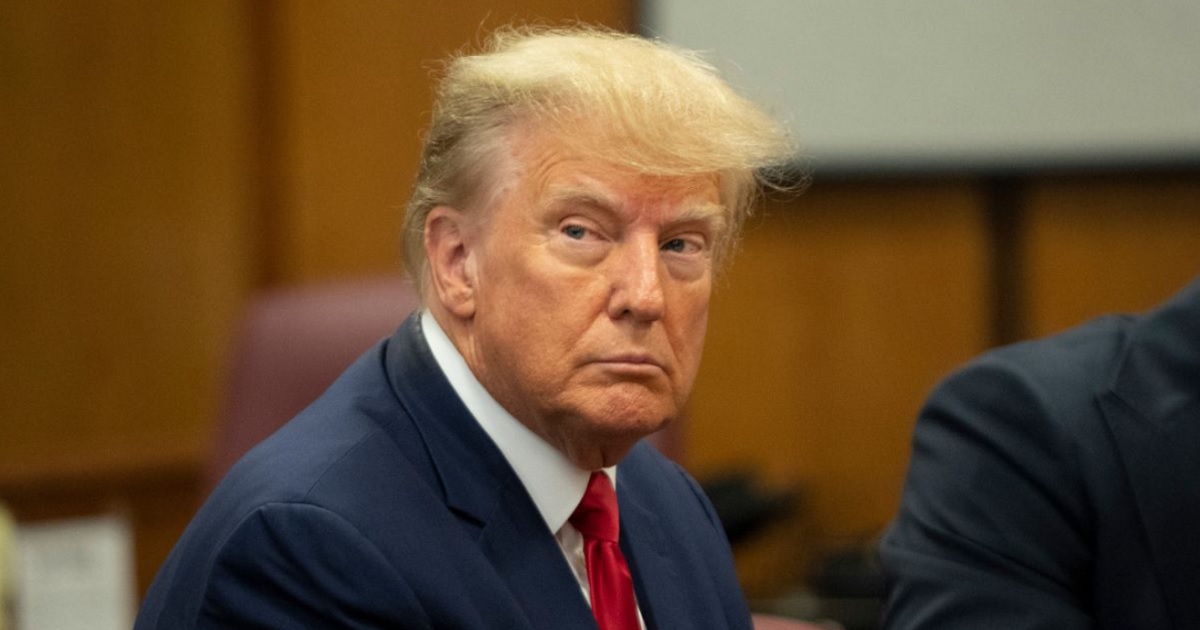Biden's former DHS secretary seen avoiding border security questions
In a recent airport encounter, former Department of Homeland Security Secretary Alejandro Mayorkas declined to discuss his past border policies, with the confrontation occurring with Julio Rosas, a correspondent from The Blaze.
Mayorkas chose not to engage in a discussion about changes in the security of the United States-Mexico border, ignoring questions on the improvements made after Donald Trump resumed the presidency, as the Daily Wire reports.
The Biden-era official, who served as secretary of Homeland Security, found himself approached by Rosas on Friday at the airport.
Rosas, a national correspondent for The Blaze, was eager to discuss Mayorkas' tenure and the current state of border security under the President Donald Trump.
The journalist attempted to start a dialogue about Mayorkas' feelings regarding the secure state of the border since Trump's return. However, Mayorkas quickly shut down the approach.
His response to the initial greeting was to offer a handshake to Rosas, saying, “It’s a pleasure." Yet, when the topic of the border was broached, Mayorkas's reaction was more dismissive, stating, "Not right now," and choosing to walk away.
Trump success under microscope
During the awkward airport encounter, Mayorkas remained silent and continued on his way, avoiding further questions. Meanwhile, Rosas highlighted significant changes under Trump’s administration since his return to office. According to Rosas, a considerable reduction in border crossings has been reported, decreasing by about 95%.
Mayorkas' tenure as secretary of the Department of Homeland Security was characterized by policies that were seen as more open towards migrants, as part of Biden's administration strategy.
Rosas contrasted this by noting the secured border under Trump’s leadership, suggesting a favorable public reflection on stricter border controls.
Additional concerns raised by Rosas included the increased foothold of criminal organizations such as Tren de Aragua in the U.S., and the issue of thousands of migrant children whose whereabouts became unclear during Mayorkas’ time in office. These points underscored the complexities and crises facing U.S. border policy recently.
Impact of past policies on current scenarios
The questions raised by Rosas during their encounter also touched on how the public's perception of border controls might have been influenced by policies enacted during Biden’s administration.
He suggested that these past decisions might have helped bolster public support for the mass deportations that are part of Trump’s revamped border strategy.
Rosas's inquiries highlighted a pivotal period of U.S. policy under Mayorkas and how it might be impacting the effectiveness of current border security measures. The reluctance of Mayorkas to discuss these matters suggests a contentious legacy of his time overseeing border policies.
As the political conversation continues to evolve, the analysis of past administrations' policies in relation to current outcomes remains critical. Understanding the shifts in policy and their real-world impacts helps inform future decisions and the political landscape surrounding immigration and border security.
Controversy, debate surround former DHS chief
The incident at the airport underscores the ongoing debate over U.S. border security, an issue that remains at the forefront of national security discussions.
Mayorkas' refusal to comment did not stop Rosas from discussing the possible negative implications of policies enacted during his term as DHS Secretary.
The evolution of U.S. border policy and its impact on national security will continue to be a key topic of discussion. As former and current administrations' policies come under scrutiny, understanding their implications helps shape informed public debates on how best to manage and secure the nation's borders.
While Mayorkas chose not to comment during this impromptu interview, the questions posed by Rosas linger as part of broader discussions on the efficacy and consequences of U.S. border security policies over recent years.





